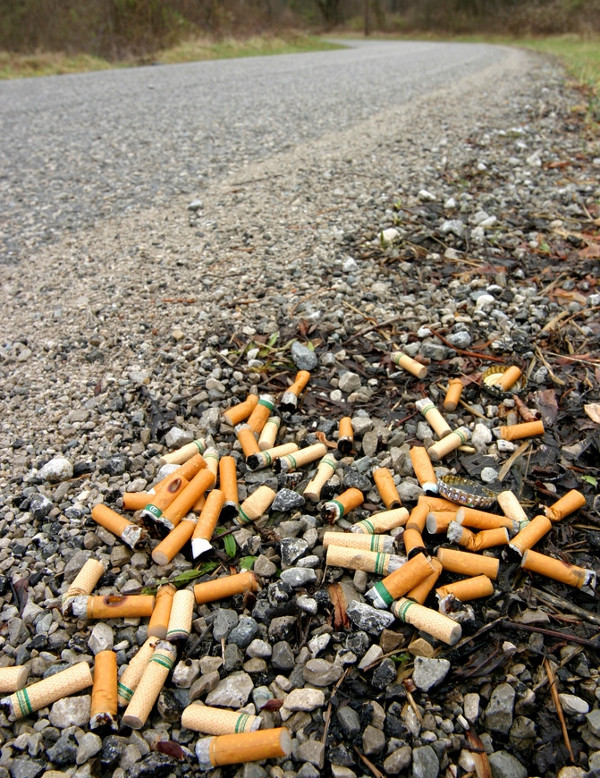
It’s unfortunate that despite the decades of campaign efforts of Keep Britain Tidy and local campaigners throughout the country, the United Kingdom remains the dirty man of Europe. A stroll down any street or road in the country will readily confirm this if readers have any doubts.
A major element in littering is stuff dumped out of cars by the lazy and uncaring. This ranges from small stuff like cigarette butts to discarded fast food packaging from meals eaten on the move, right up to really nasty stuff such as used disposable nappies.

The UK is a very scenic country – why trash it?
Why indeed?
38 Degrees Petition
There are other people equally concerned about the amount of litter in the UK and a petition has just been posted on 38 Degrees.
The introduction to the petition reads:
This petition is calling for local councils in Yorkshire and across England to be given new powers to fine people who litter from vehicles. Littering shouldn’t be a consequence-free crime and enforcement acts as a deterrent as well as a punishment. The Government already approved the necessary legislation in 2014 but Defra has delayed producing the required regulations for over a year. This delay must end.
Why helping councils with enforcement is important
The petition’s explanatory text continues:
Clearing up litter costs Yorkshire councils over £77m a year, contributing to the national figure of over £800m. Clearing roadsides is particularly costly and dangerous, so preventing littering from vehicles is extremely important. Local councils said for many years that they needed new powers to fine people who throw litter from vehicles, as a £75 fine will make most people think twice before throwing litter again.
The existing law, in the Environmental Protection Act 1990, said the council needed to prove which person in the vehicle threw the litter – something that was mostly impossible. The Government agreed to introduce a new law, via the Anti-social Behaviour, Crime and Policing Act 2014, which meant local councils can issue a fine to the registered keeper of the vehicle, which is what happens when vehicles are caught speeding and or are parked in the wrong place.
To make sure councils know how to implement this new law, the Government needs to provide them with regulations. However, the department responsible – Defra – has delayed these regulations for over a year and councils are no nearer to being able to take action against litterers. This also means there are now two pieces of legislation on litter that are essentially useless.
The Secretary of State must make sure her officials are taking the required action to bring this legislation to life and to prevent further littering from vehicles.